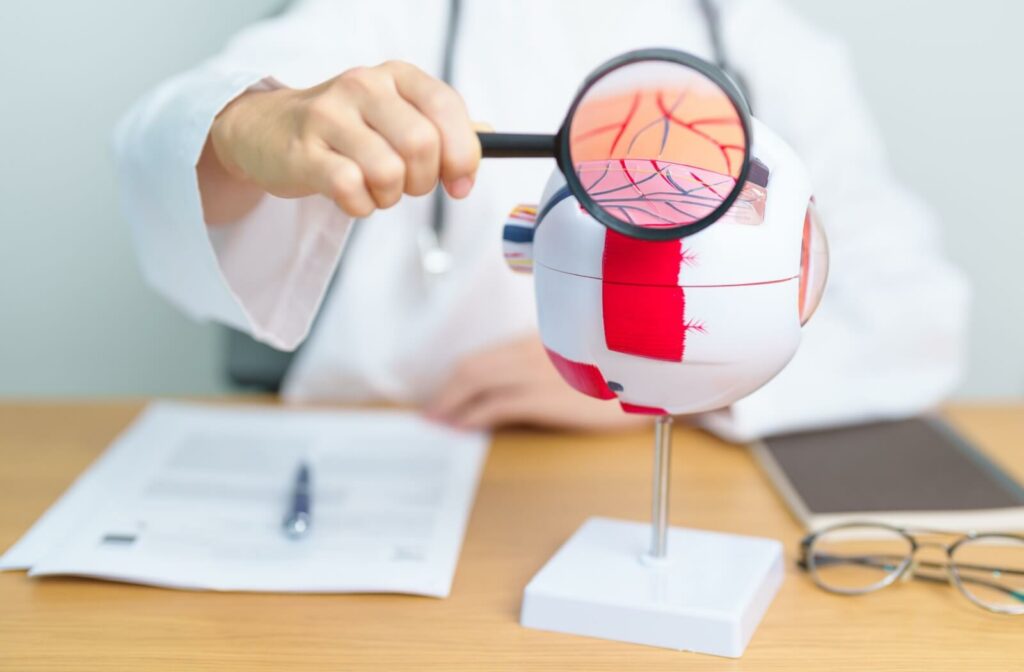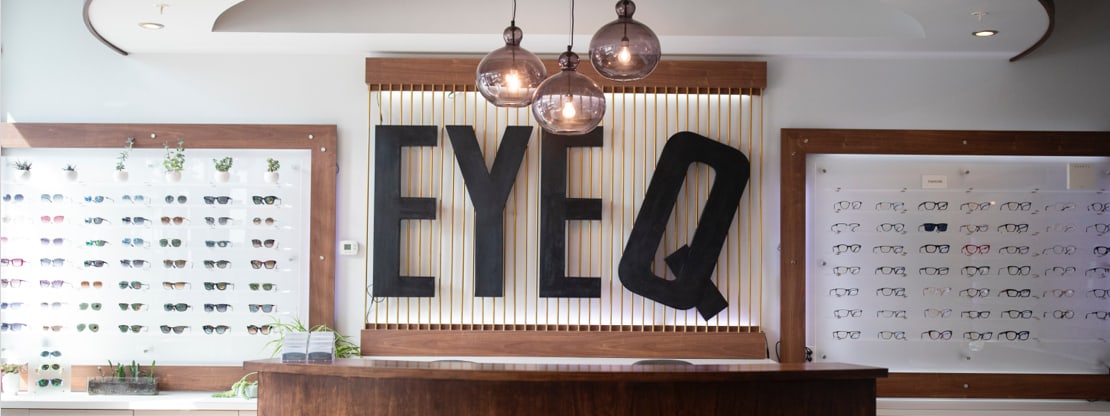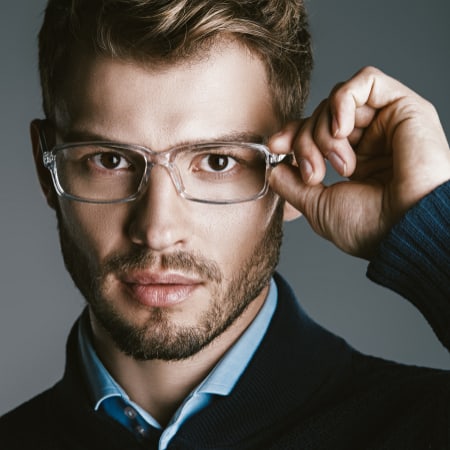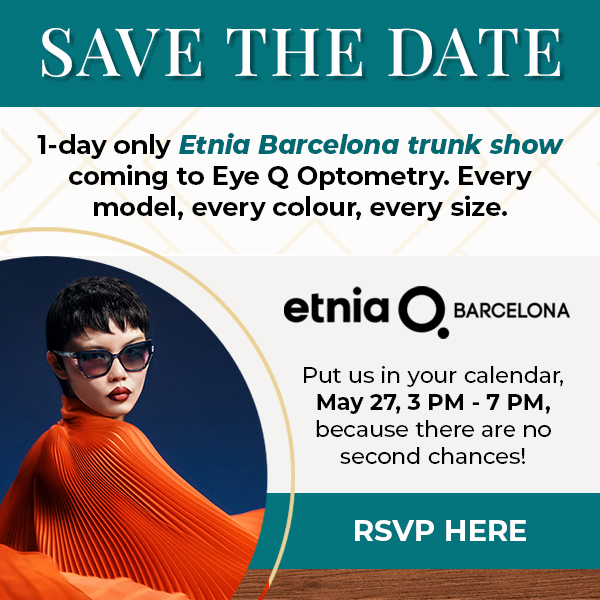Age-related macular degeneration (AMD) affects your central vision, which you rely on for sharp, detailed tasks like reading and driving. While there isn’t a cure for AMD, certain nutrients and proactive eye disease management may help support your eye health. This guide explores the role of eye vitamins and how a personalized approach can make a difference.
People often ask which vitamin is the most effective for AMD. The most suitable vitamins for macular degeneration are those personalized to your genetic profile. A tailored plan considers your specific needs, moving beyond a one-size-fits-all solution.
A Look at Macular Degeneration & Its Stages
What Is AMD?
Your macula is the small part of your retina responsible for clear, straight-ahead vision. Age-related macular degeneration (AMD) occurs when this area begins to thin or break down. AMD doesn’t cause complete blindness, but it can make daily activities more difficult.
The Different Stages of AMD
AMD has several stages—early, intermediate, and late. In the early stages, small yellow deposits called drusen form under the retina. You might not notice any vision changes at first.
As the disease progresses, these deposits can grow in size or number. You may start to see a blurred or wavy spot in your central vision, which can affect your ability to see fine details.
The AREDS 2 Formula for Eye Health
What Is the AREDS 2 Study?
Researchers in the Age-Related Eye Disease Studies (AREDS and AREDS 2) looked at how a specific blend of vitamins and minerals could affect AMD. They found that a certain formula of nutrients helped reduce the risk of progression for people with intermediate AMD. The study provided valuable insight into nutritional support for eye health.
Key Nutrients in the AREDS 2 Formula
The daily AREDS 2 formula contains a combination of nutrients designed to support macular health. It includes:
- 500 mg of Vitamin C
- 400 IU of Vitamin E
- 10 mg of Lutein
- 2 mg of Zeaxanthin
- 80 mg of Zinc
- 2 mg of Copper
Who Benefits From the AREDS 2 Formula?
This supplement formula is typically suggested for people who already have intermediate AMD in one or both eyes or late AMD in one eye. It’s not intended to prevent the disease, but to support those already on their AMD journey.
Why a Standard Formula Isn’t for Everyone
How Genetics Affect Your Vitamin Needs
Your genetic makeup can change how your body uses certain nutrients. Research now shows that a one-size-fits-all approach to eye vitamins may not be suitable for every person with AMD. A personalized strategy can lead to more effective support.
The Role of Zinc & Your Genetic Profile
Zinc is a key part of the AREDS 2 formula, but it may not be helpful for everyone. For about 1 in 6 people, a high dose of zinc could potentially cause the condition to progress faster. This highlights why understanding your genetics is so important.
Genetic Tests for a Personalized Approach
A quick and painless cheek swab provides valuable information about your genetic predisposition to AMD. We get the results back in about four weeks, which helps us recommend a proactive plan. This information helps us take a personalized approach to monitoring your eye health.

A Tailored Vitamin Strategy
Low-Zinc & No-Zinc Vitamin Options
Based on your genetic test results, you might benefit more from a vitamin formula with a lower amount of zinc or no zinc at all. We offer Vision Essence, a Canadian-made brand that provides these specific formulations to better match your individual needs. The low-zinc or no-zinc options are available for $180+tax for a six month supply.
Support for Early Stages of AMD
For those with no AMD, or who are in the early stages, an “Early Defence” formula is also available. This supplement is designed to help increase the protective macular pigment in your eyes and reduce oxidative stress. This formula costs $150+tax for a six month supply.
What to Look for in a Supplement
When choosing a supplement, consider options with features that fit your lifestyle. Vision Essence uses vegan capsules that are allergen-friendly and easy to digest. You only need to take it once a day, making it a simple addition to your routine.
More Ways to Support Your Vision
Lifestyle Choices & Regular Check-Ups
Beyond supplements, certain lifestyle choices can support your eye health. A diet rich in dark leafy greens, colourful fruits and vegetables, and fatty fish like salmon provides important nutrients for your eyes. Regular check-ups with your eye doctor are also important for monitoring your vision.
At-Home Red Light Therapy
Photobiomodulation (PBM)—also known as red light therapy—is another way to support your retinal cells. We offer the Arunalight device, which uses a specific wavelength of red light to help reduce inflammation and oxidative stress in the retina. It’s a noninvasive, convenient at-home treatment that takes just three minutes every other day with your eyes closed.
The Arunalight device is approved by Health Canada for ocular use and is available for $499+tax. We also have a package offer available. You can receive a free 90-day supply of Vision Essence with the purchase of both genetic testing and the Arunalight device within 30 days of each other.
Your Next Step for Proactive Eye Care
Talk with Your Eye Doctor
A personalized plan is a modern approach to manage AMD. Discussing your options—from genetic testing and tailored vitamins to red light therapy—is a great first step. A conversation with your eye doctor in Killarney can help you create a proactive plan to support your vision health for years to come.
Our personalized care approach for your eye care journey starts with getting to know you. We believe your eye care goes beyond reading charts and finding new glasses. At Eye Q Optometry, we’re here to guide you with friendly and knowledgeable advice.










